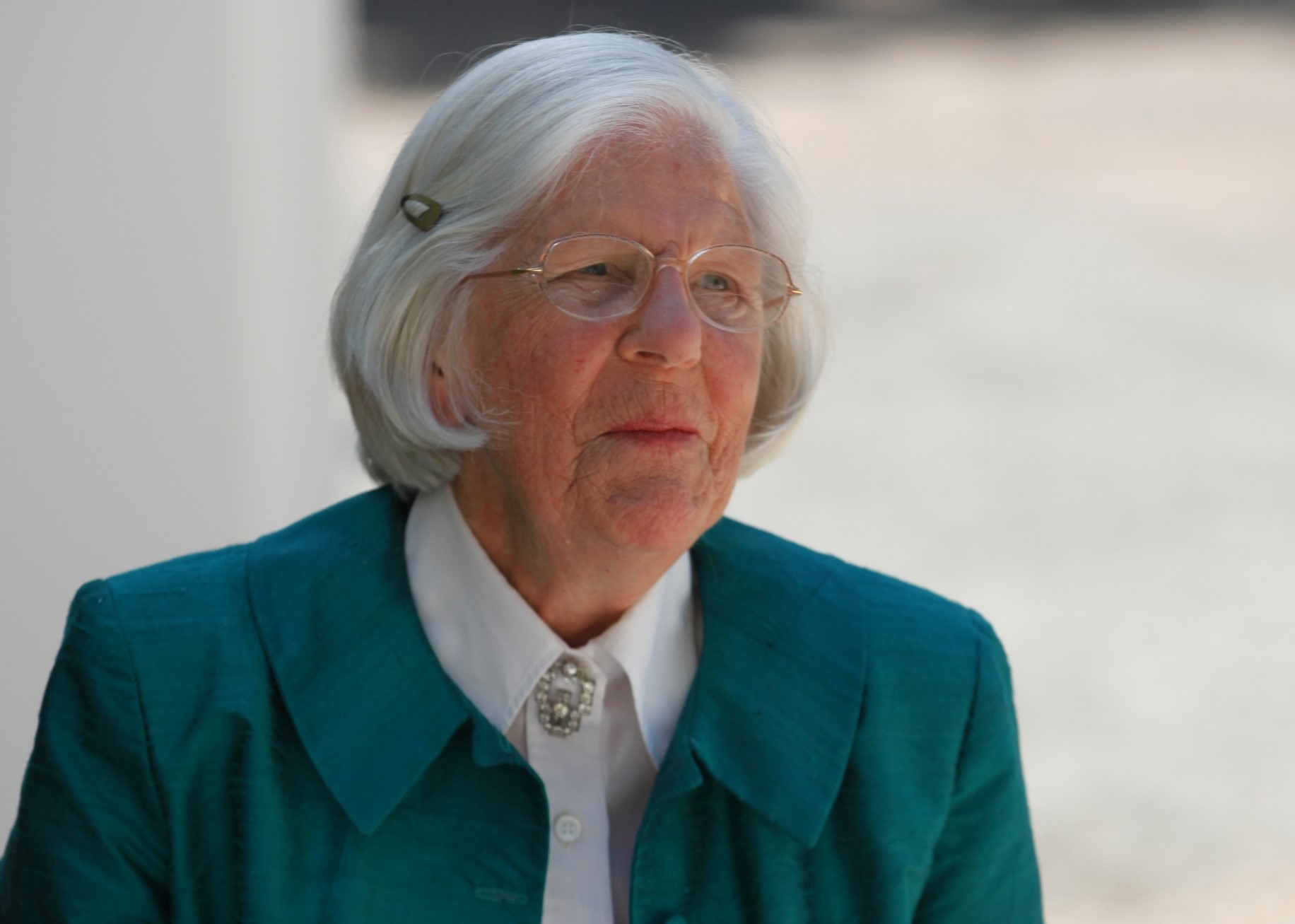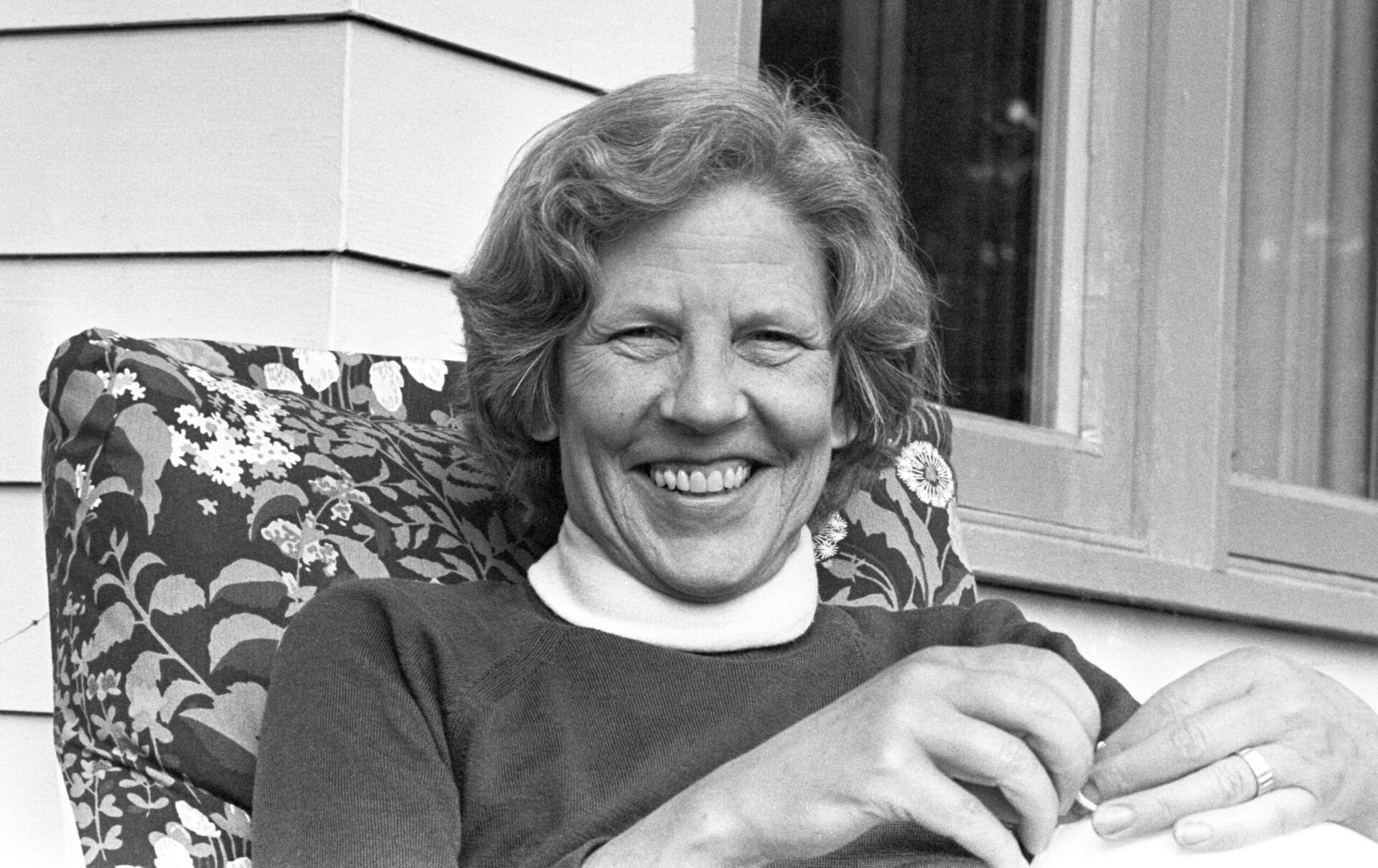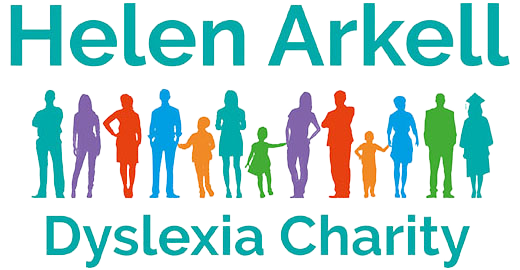Please email enquiries@helenarkell.org.uk for a copy of our full accounts.
Our history
Supporting children and adults with dyslexia since 1971
Today Helen Arkell Dyslexia Charity is one of the leading specialist centres in the UK, not only directly supporting people with dyslexia, but training the dyslexia specialists and teachers of tomorrow.
The story of our founder Helen Arkell, who sadly passed away in August 2019, and indeed the story of dyslexia support and provision in the UK, is one of a fascinating struggle against prejudice and ignorance that changed the perception of educationalists, the medical profession, and administrators alike.
However, despite our achievements and pre-eminent position in education, the fact we are still dependent on charitable donations rather than public funding suggests dyslexia (and the value dyslexic people bring to society and economy alike) has some way to go to become ‘mainstream’ and accepted.
The story of Helen Arkell
Helen Arkell overcame her own dyslexia to become an inspirational figure for many who felt the benefit of her support, advice and expertise. Children who were chronically dyslexic but successful in adulthood give her the credit for changing their lives.

Helen Arkell created a community of caring which became a beacon in a bewildering educational world.
She spent many years battling to ensure that dyslexia was taken seriously, by the education authorities in particular and by the public in general. Hers is a wonderful story of triumph over adversity.
Helen received an MBE in 1999 for her work in dyslexia and further royal recognition followed in 2003 when she was honoured as a Pioneer to the Life of the Nation at a Buckingham Palace reception.
The Helen Arkell Dyslexia Charity was founded by Helen, Joy Pollock and Elisabeth Waller and first opened its doors in London on 26 April 1971. It has been based in Surrey since 1987.
Susan Hampshire, who conquered her own dyslexia to become a successful actress, and is Vice Patron of the charity said: ‘I have remained a devoted admirer of Helen since meeting her 40 years ago. Without her pioneering work, countless dyslexics would still be struggling at the back of the classroom.’
…when you think you’re stupid it not only affects your school life, your confidence gets a big knock. Since I’ve come to understand dyslexia, I’ve felt much the most important thing is not the reading or spelling but the knock to the confidence.





